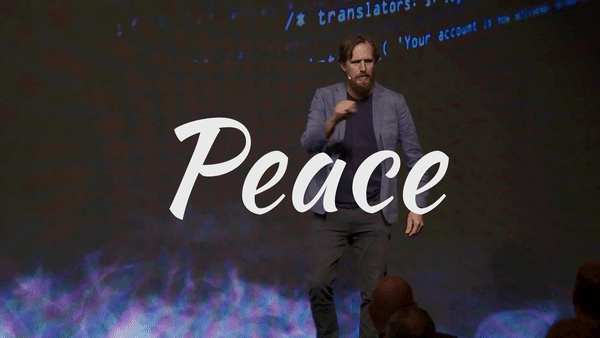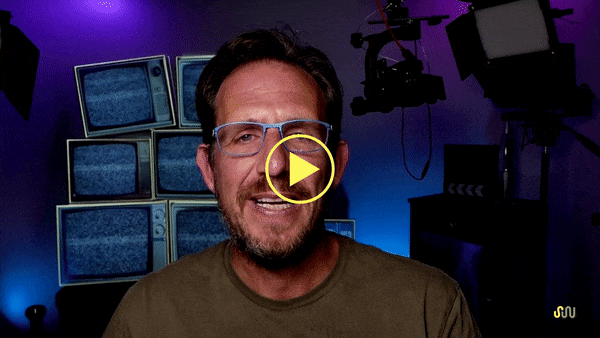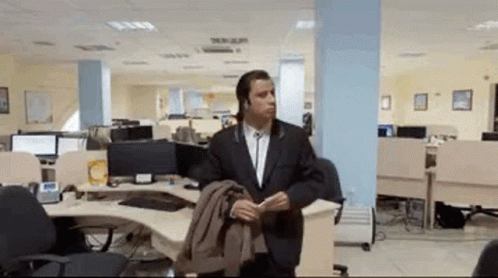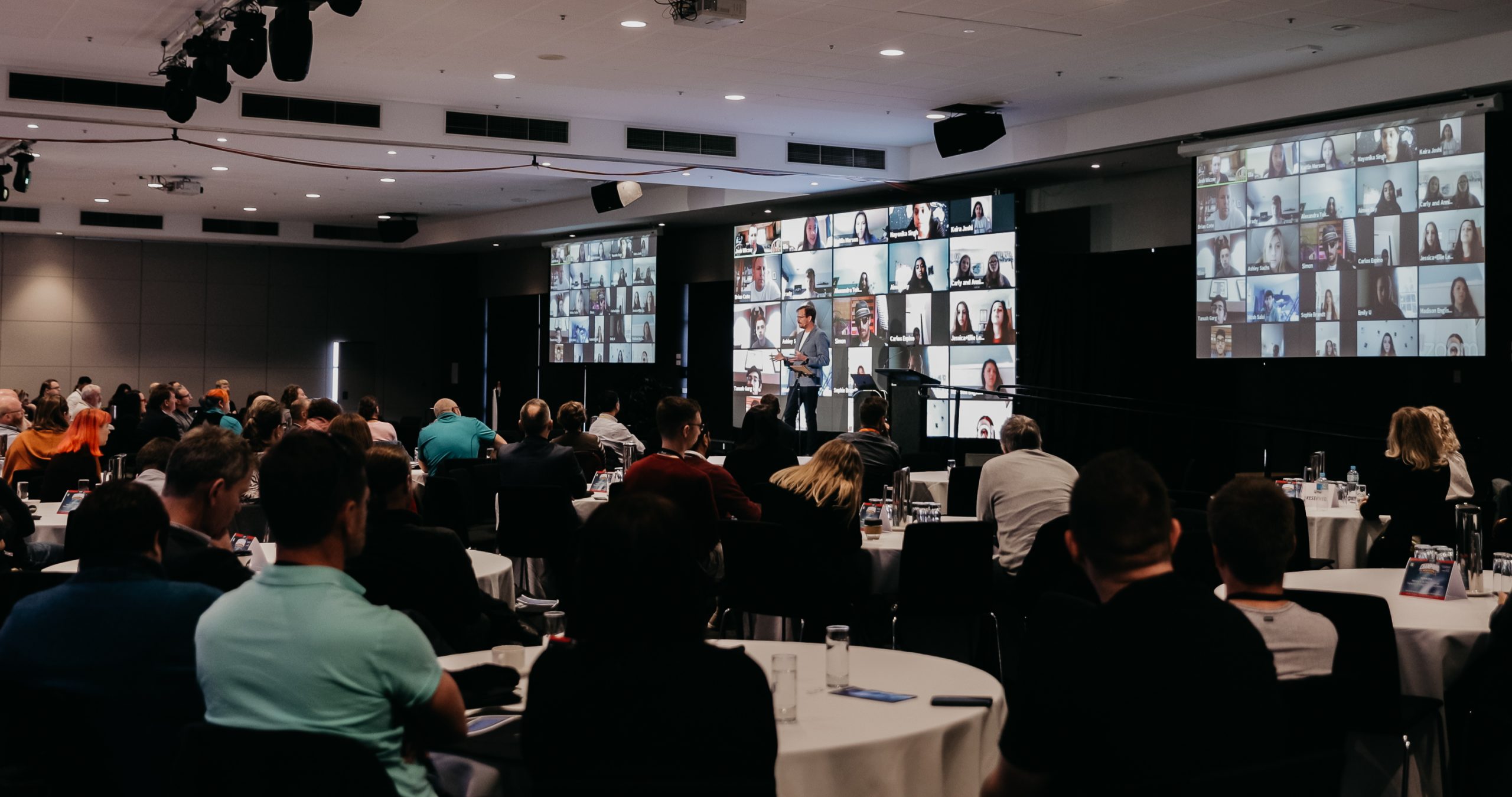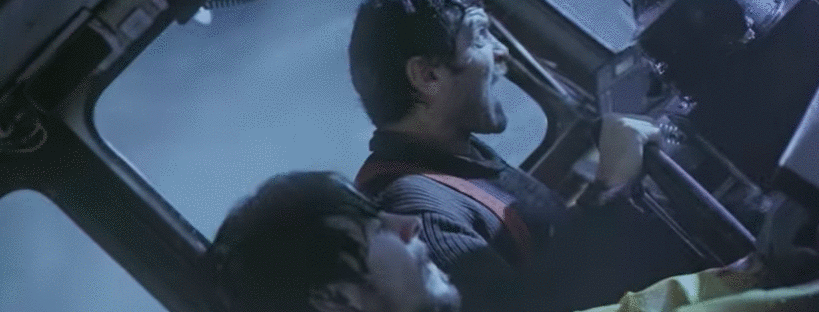
In 2004, I competed in a Sydney Hobart yacht race. The weather conditions that year were particularly bad and only about half the fleet made it to Hobart. Most of the yachts were skippered and crewed by sailors. Mostly amateurs, but sometimes professionals, who spent their time sailing in yacht races. Our boat, on the other hand, was skippered by my dad Gil, who has spent more than half his life working as a professional fisherman.
Reflecting back on the race over many years, I believe there was a fundamental difference in the mindset that my Dad brought to the race. If you’re a sailor, your objective is to win the race. If you’re a fisherman, your objective is to get to your destination safely and be ready to go to sea again the next day. For a professional fisher, there is no finish line, there is always another day’s fishing to be done.
In the Sydney Hobart, this meant that we took a more cautious approach, seeking safe harbour in Eden and then timing our crossing of Bass Straight to avoid the worst of the weather. Somewhat ironically, this meant we ended up winning our division, primarily because every other competitor in our class failed to finish the race.
This difference between the short term ‘sailor’s mindset’ and the long term ‘fisher’s mindset’ came up recently as part of a scenario planning exercise I did with a client. The scenarios were created to help the leadership team and board understand the impact of a significant tender process they were about to participate in.
Up until we did the scenario exercise, the organisation had been fixated on the outcome of the tender process. They were operating with a sailor’s mindset. But to fully understand the implications of the tender, we needed to look at what would happen in the years after the tender was won or lost (after all, it was entirely possible they could win the tender and then fail to successfully navigate the waters on the other side). It was only then that a whole bunch of other opportunities (and some challenges) were identified.
Business is full of finish lines. The next contract, the next budget…our next performance review. But perhaps if we start thinking more like fishers and less like sailors, we would realise that all of these finish lines are artificial and they generally encourage short-term thinking.
And this is exacerbated by risk. In times of high uncertainty, there is a tendency to lower our gaze and focus on what’s immediately in front of us. But a fisher would tell you that in times of great uncertainty, you need to keep looking towards the horizon so you don’t miss what’s coming next.
